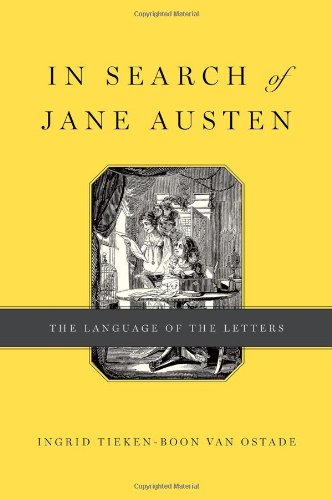

Most ebook files are in PDF format, so you can easily read them using various software such as Foxit Reader or directly on the Google Chrome browser.
Some ebook files are released by publishers in other formats such as .awz, .mobi, .epub, .fb2, etc. You may need to install specific software to read these formats on mobile/PC, such as Calibre.
Please read the tutorial at this link: https://ebookbell.com/faq
We offer FREE conversion to the popular formats you request; however, this may take some time. Therefore, right after payment, please email us, and we will try to provide the service as quickly as possible.
For some exceptional file formats or broken links (if any), please refrain from opening any disputes. Instead, email us first, and we will try to assist within a maximum of 6 hours.
EbookBell Team

5.0
98 reviewsThis study, for the first time, offers a detailed sociolinguistic account of all aspects of the language of her letters: spelling, vocabulary and grammar. It also produces some evidence of pronunciation as well as of local dialectal usage. The analysis shows Jane Austen to be rather idiosyncratic in her language use: she was consistent in her spelling (though she had unusual spelling preferences), not very innovative in her vocabulary (though she did coin a few new words), and not quite representative of grammatical developments of the times (though her usage differed depending on who she wrote to, her sister, her publisher or her nieces and nephews).
This study of Jane Austen's private language use shows the extent to which she varied in her language use, just like any of us do today, while is also provides evidence both for a date of her unfinished novel The Watsons (for the first time on linguistic grounds) and for the interplay there must have been between the editors of her novels and her own linguistic preferences, in the field of spelling and otherwise.